Jakub Oberreiter
I was born on December 1, 1929, in Klobouky near Brno. I went to a German school in Zaječí. Our family had a farm, confiscated by the Communists after the coup in February 1948. I decided to leave the country, together with two friends. We went to Vienna, from where we were sent to a refugee camp in Regensburg, where they fed us rice with milk. It was something so disgusting that I remember it even after so many years. Then I worked in the coal mines in France for about five months before deciding to walk across the Pyrenees to Spain. There I spent two years in the iron ore mines near Bilbao in the Basque Country.
As a political refugee, I was entitled to the help of the International Refugee Organization, which finally bought me a boat ticket to Brazil in 1952. I settled in São Paulo and started working for Mr. Studeník, who once owned a large sawmill in Hulín. When I told him that I had started studying at Zelinka’s company in Klobouky near Brno, he said that he was his friend and schoolmate and immediately hired me to work for him. I was single then, we made good money with the other Czech boys, so I remember Brazil as one big party and fun. After eight years, however, I needed a change. I applied for visas to the United States and received a permit within a month or so.
I had orders from Northrop Grumman Navigation to make rocket navigation components
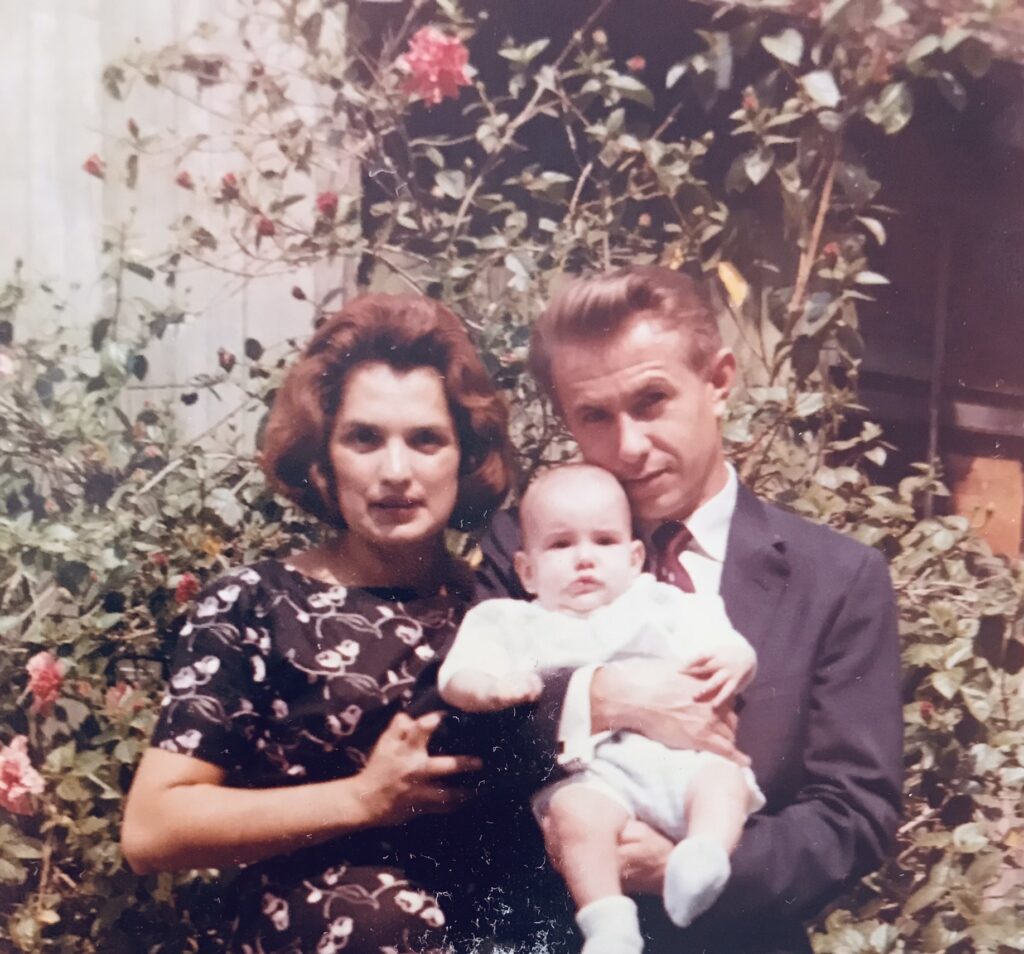
In Los Angeles, I started working for another Czech, Mr. Brožek, in a machine shop where carabiners were made for climbers, and especially revolvers. After four and a half years, I wanted to work for myself and quit. Brožek got so angry with me that he stopped talking to me and forbade his children to come to visit us. In 1964, my friend Áda Dusil and I opened our own company, where we produced specialized piece components, including for for the Air Force and Navy. But the business partnership did not turn out very well, and Dusil owed me a lot of money. Fortunately, the business was successful. For example, I had orders from Northrop Grumman Navigation to make rocket navigation components. They paid me five hundred dollars per piece.
I met my wonderful wife Dolores, born in Mexico, who worked as a teacher, and we recently celebrated the 60th anniversary of our wedding. We have two children, Richard and Elisabeth. We travelled around the world together. After the Velvet Revolution, we also regularly visited the Czech Republic.
I sold my company in 1996 and I´m retired since then, although I occasionally went there to work. I had to do something; I couldn’t simply sit at home. For the same reason, I also took over the presidency of Beseda in 1993, for about the next eighteen years. The Czech compatriot association Beseda Pasadena was established in February 1924. When I arrived, I still had a chance to meet the old settlers who came here in the 1920s. In addition, there was an active Sokol, a branch of the Czechoslovak National Council of America and the women’s association called Diligent Hand. Later, a branch of the Czechoslovak Society of Arts and Sciences was founded. I think there were over 600 Czechs living in the greater Los Angeles area. Beseda was pretty rich when I became a member in 1960, with over $70,000 in the bank. Several thousand dollars were lent to the Sokols for their hall, but the money was embezzled by some people and bad relations and distrust remained afterwards among the two organizations.
There was a Czech bakery, Czech restaurants called the Heart of Europe and Little Prague
Karel Rada aka Charlie Fischer operated Czech radio here for several years. There was a Czech bakery, Czech restaurants called the Heart of Europe and Little Prague, Mr. Grossl, who used to cook in the grand hotel Pupp in Karlovy Vary, owned another restaurant with the Italian name Buona Sera. We still have a Catholic mission here. The former priest, father Petr Esterka who passed away last year, I have known since my youth in Moravia. He came from the nearby village Dolní Bojanovice. There were many interesting people who got very rich. For example, Ota Newark, a long-time chairman of Beseda, had a successful business, and Václav Polák, who had a large car workshop and used to sell expensive luxury cars. Beseda met regularly on the second Saturday of each month, on Lake Avenue in the hall of the Catholic organization Knights of Columbus. We organized celebrations of the Czech national holiday on October 28, Christmas parties and many other events, balls, barbecues. I had a smokehouse in the garden, we also made our own jitrnice. The community had a good time together, we all were close friends, but unfortunately the membership is declining and the young generation is no longer interested. In two years we will celebrate the centennial anniversary of Beseda. Let´s see what happens next.




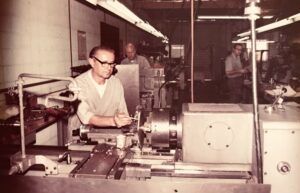
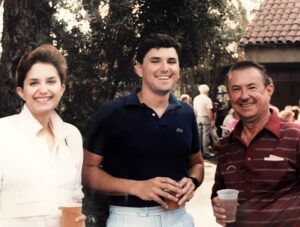
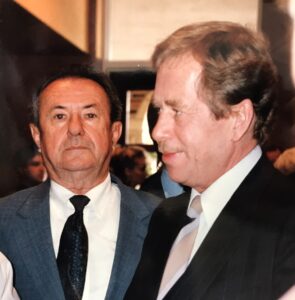
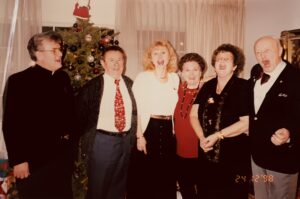
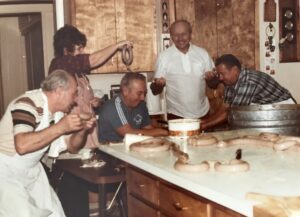
Ana Mokry
Such an interesting life !!! My father Carlos Mokry was a little piece from it. Kind regars from Bilbao, Spain